|
The opening ceremony of the Tokyo Olympics may still be four months away, but the spread of the coronavirus is causing increasing concern for the organisers. Some qualification tournaments have already been pushed back and test events cancelled. Kari Brossard Stoos and Heather Dichter go through some of the scenarios for the Tokyo organisers, and look at whether the games could be postponed for the first time in their history.
There has been lots of speculation about the source of the new coronavirus disease, COVID-19. These have included theories that the virus was leaked from the laboratory at the Wuhan Centre for Disease Control and that it originated from snakes. Even the pangolin has been implicated. But none of these theories has been backed by science and the hunt for the origin of the pandemic continues. Wanda Markotter explains why it’s essential to know how “patient zero” got infected. You can also read the coverage of COVID-19 from our sister sites here.
|
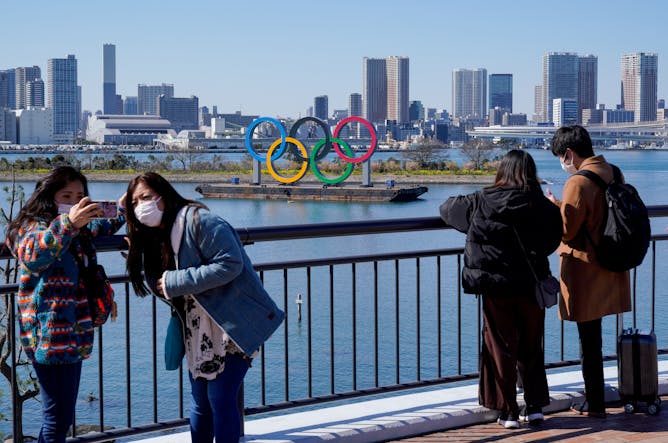
Christopher Jue/EPA
Kari Brossard Stoos, Ithaca College; Heather Dichter, De Montfort University
Could the Olympic Games be postponed for the first time in its history?
|
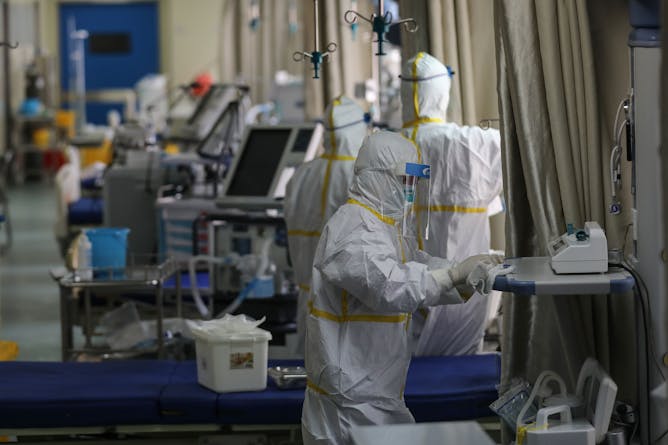
The number of new cases at the epicentre of China’s coronavirus epidemic dropped to a new low.
GettyImages
Wanda Markotter, University of Pretoria
Several questions about the origin of the outbreak remain with no clear data on what this was or if it was an animal source.
|
Politics + Society
|
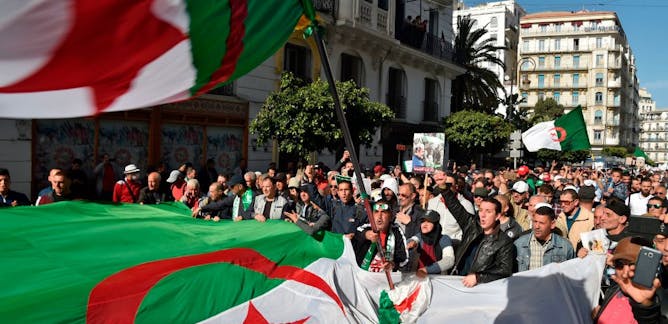
Yahia H. Zoubir, Kedge Business School
They protest to have a sound economic system based on healthy competition and free enterprise.
| |
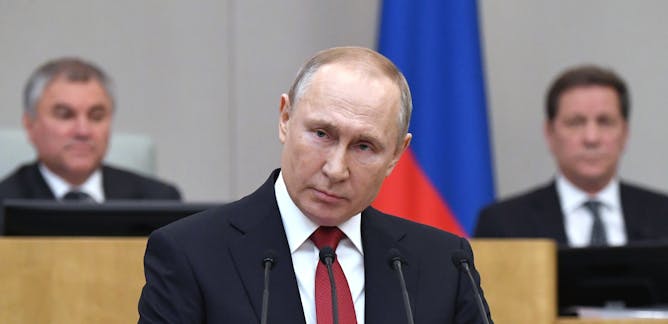
Alexey D Muraviev, Curtin University
Is Vladimir Putin angling to stay in power after his latest term expires in 2024? There are three possible reasons to explain his move to back a constitutional amendment to reset his term limits.
|
|
|
Science + Technology
|
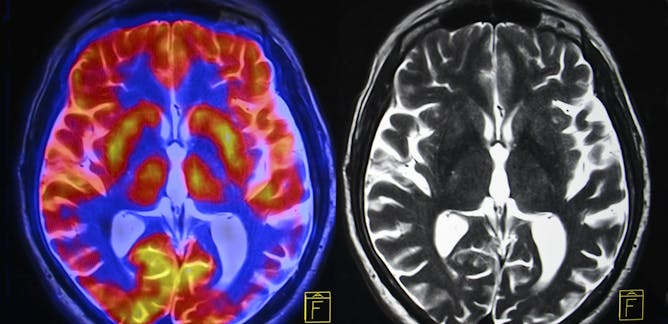
Barbara Jacquelyn Sahakian, University of Cambridge; Christelle Langley, University of Cambridge; Muzaffer Kaser, University of Cambridge
Chemical changes in the brain associated with chronic stress can put our cognition and mood under serious strain.
| |

Helena Osana, Concordia University
Math is not primarily about numbers, but about thinking. It all begins with parent-child conversations about mathematical ideas.
|
|
|
En Français
|
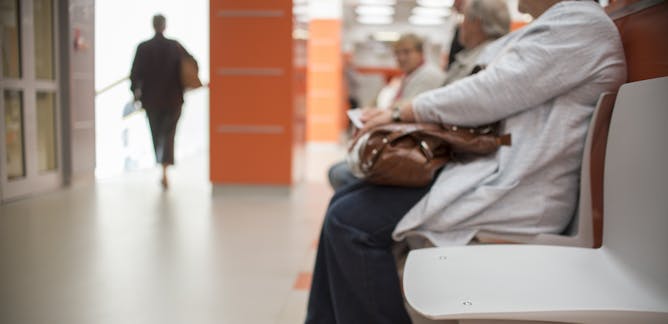
Frédérique Leichter-Flack, Université Paris Nanterre – Université Paris Lumières
Si les services de santé se trouvaient débordés par l’épidémie de Covid-19, il faudrait établir des protocoles pour déterminer qui soigner en priorité. Sur quels critères ? Avec quelles conséquences ?
| |
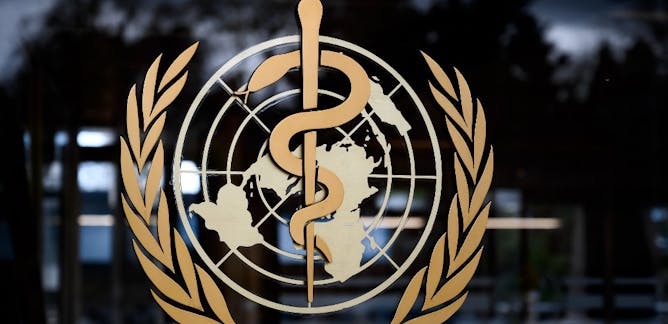
Auriane Guilbaud, Université Paris Nanterre – Université Paris Lumières
L’OMS, la Banque mondiale ou encore l’UE sont engagées dans la lutte contre la propagation de l’épidémie de Covid-19. Il est toutefois regrettable que ces efforts n’aient pas été mieux anticipés.
|
|
|
En español
|

Isidoro Martínez González, Instituto de Salud Carlos III; Salvador Resino García, Instituto de Salud Carlos III; Vicente Mas, Instituto de Salud Carlos III
Niño de cuatro meses ingresado en el hospital con tos, pitidos y dificultades al respirar. ¿Coronavirus? No, se trata del VRS, principal causante de infecciones respiratorias graves en niños.
| |

Fernando González Candelas, Universitat de València
La Organización Mundial de la Salud (OMS) ha declarado el COVID-19 como pandemia. ¿Supone un agravamiento de la enfermedad o es solo una cuestión semántica? ¿Llega tarde?
|
|
|